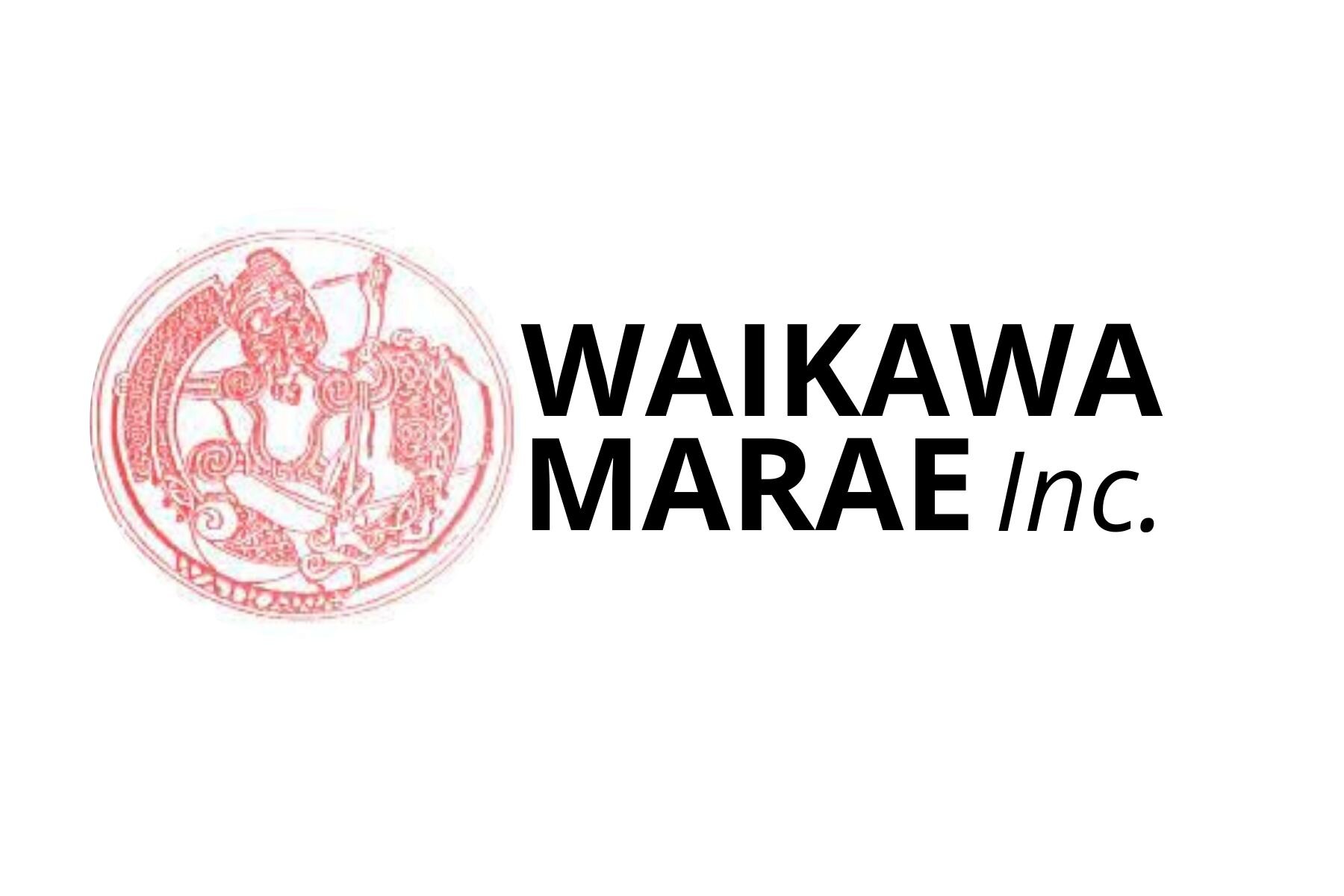Tikanga (our protocols)
Kawa.
The kawa for Waikawa Marae is Te Ātiawa.
Manuhiri assemble at the waharoa (front gateway).
Kaikaranga in front, wāhine (women) in the middle and tāne (men) flanking at the sides.
Koha.
A personal koha is part of the tikanga of coming onto a marae and is collected by (you) manuhiri before entering the waharoa. It is given over upon entry to the wharenui (meeting house), passed hand to hand, to our first speaker on the marae paepae.
Karanga.
Waikawa Marae Trustees believe that that the role of kaikaranga is reserved for those adult women with the knowledge and experience required to uphold it, this means that rangatahi (young girls) do not undertake this role on Waikawa Marae.
The first call is from us, the tangata whenua, and then responded to by you, the manuhiri.
Manuhiri proceed to the flag pole, then pause briefly to pay respects to the mate (the deceased).
After the last call (from us), you will enter the Wharenui, Arapaoa, leaving shoes placed neatly on the mahou (verandah).
All tāne enter first – a Te Ātiawa tikanga of protection for our wāhine and tamarki.
Hongi - Hariru.
The hongi or touch nose to nose, and hariru come first upon entry into the Wharenui; and then you proceed accordingly along the row of tangata whenua to the seating arrangement on the opposite side. Tāne only sit on the front row of seats. Please ensure your wāhine have a seat before tamariki.
Whaikōrero.
Our kawa is paeke, therefore once all of our speakers and supporting waiata are completed, we will indicate to you to respond accordingly.
Please ensure your kaikōrero (formal speakers) are adult males as it is not our kawa to whaikōrero to a youth, child or female.
Mauri.
The mauri (principal, force, or essence) is then passed back to us and we close the ceremony with a karakia and a hīmene (often ‘He Honore’), we will all join and sing together.
Whakanoa.
After the formal ceremony you will be invited to share kai with us all in the Wharekai, Whakakotahi.
TANGIHANGA TAKES PRECEDENCE OVER ALL OTHER MARAE HUI.
Should tangihanga occur when your hui is pre-booked or if your group is already on the Marae, we will negotiated with you to either; alter the visit date, find alternative Marae buildings for your use, or work with you to find an alternative venue.

